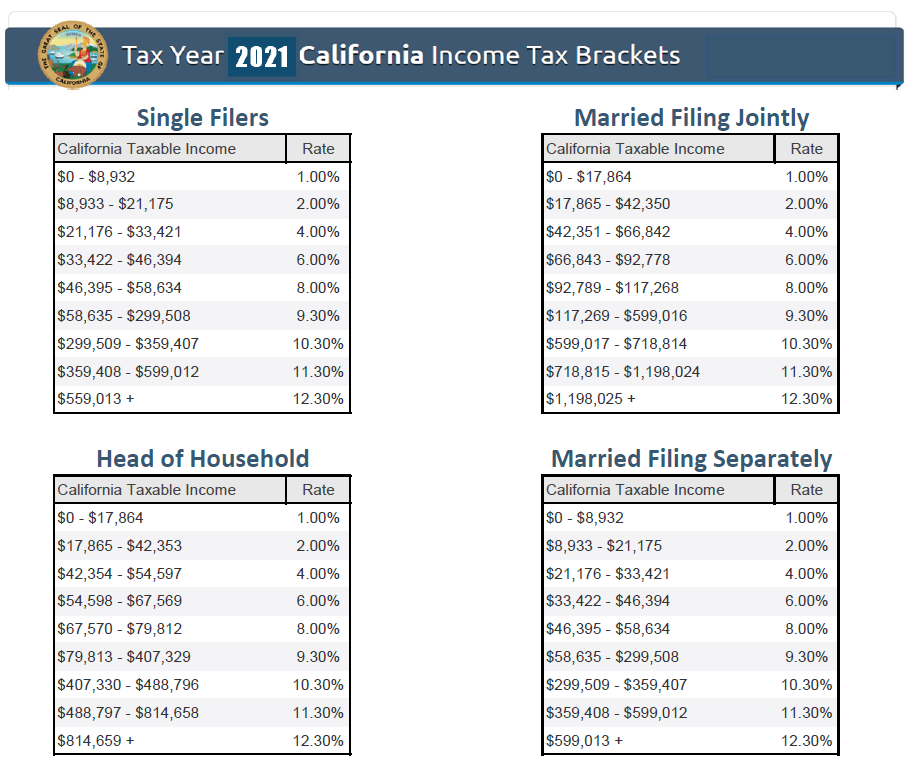Tax Time: California FTB Updates & Deadlines!
Is California's Franchise Tax Board (FTB) truly understood by the taxpayers it serves? The California Franchise Tax Board, an entity managing billions in state revenue, operates with a complexity that often leaves taxpayers navigating a maze of regulations and requirements, a situation that can be both frustrating and costly.
The California Franchise Tax Board, or FTB, is the state agency responsible for administering California's income tax and franchise tax programs. This includes collecting tax revenues, processing tax returns, and providing taxpayer services. It's a critical component of California's financial infrastructure, supporting essential public services like education, infrastructure, and public safety. The FTB's purview is vast, encompassing personal income taxes, corporation franchise taxes, and a variety of other tax programs. Its operations have a direct and significant impact on millions of Californians and businesses operating within the state.
The FTB's role extends far beyond simply collecting taxes. It also plays a crucial part in enforcing tax laws, conducting audits, and investigating potential tax fraud. The agency is responsible for ensuring compliance with California's complex tax code, which undergoes frequent changes due to legislative action and evolving economic conditions. Taxpayers must be aware of the FTBs regulations to avoid penalties or legal issues. The FTB is constantly evolving as it adapts to new technologies and data-driven approaches to tax administration. Understanding the FTB's activities requires staying informed about its current initiatives, which include efforts to streamline tax filing processes, enhance taxpayer services, and combat tax evasion.
The California Franchise Tax Board's origin story is tied to the evolution of California's economy and governance. Established to collect revenues and oversee corporate activities, the FTB initially focused on franchise taxes. Its responsibilities broadened over time to encompass personal income taxes. This expansion reflected the growing population and economic activity of the state. The agencys responsibilities grew significantly as it took on these new tasks. The FTB has adapted its approach and its technological infrastructure to remain effective. A central aim of the FTBs mission is to ensure that California's revenue base remains stable and secure. Understanding the historical context helps provide a deeper appreciation of its contemporary functions.
One of the primary functions of the FTB is to process tax returns. This process involves receiving, reviewing, and validating millions of tax returns annually. The FTB employs sophisticated systems to verify the accuracy of these returns. This includes checking for mathematical errors, discrepancies in reported income, and potential fraudulent activity. The efficiency of the return-processing system directly affects taxpayers. Delays in processing returns may affect taxpayers who are expecting refunds. The FTB constantly upgrades its infrastructure to improve processing times and accuracy. Taxpayers can track their returns online and receive updates on their status. The processing of tax returns represents an important aspect of the FTB's operations, designed to ensure fairness and efficiency.
Taxpayer services offered by the FTB are varied. These services include providing assistance in understanding tax laws, guidance on completing tax forms, and resolving tax-related disputes. The agency maintains a website with information and resources for taxpayers. The website provides access to tax forms, publications, and FAQs. Taxpayers can also contact the FTB through phone, email, or in person. The FTBs taxpayer services aim to improve the taxpayer experience. Providing taxpayers with the information they need helps them to fulfill their tax obligations correctly. The FTB invests in training its staff to provide accurate and helpful assistance to taxpayers. Improving tax literacy and reducing the burden of compliance are key objectives.
The FTB is also responsible for enforcing California's tax laws. This includes conducting audits and investigating potential tax fraud. The agency selects returns for audit based on various risk factors. Audits can examine the accuracy of reported income, deductions, and credits. The FTB has investigative capabilities to pursue cases of tax evasion and fraud. The agency works closely with other law enforcement agencies to detect and prosecute tax crimes. The FTBs enforcement efforts are essential to maintaining fairness and integrity in the tax system. Deterring tax evasion through enforcement actions supports voluntary compliance and strengthens the state's revenue base. Taxpayers should be aware of the potential for audits and the importance of maintaining accurate records to comply with tax laws.
Changes to Californias tax laws have a direct impact on the FTBs operations. Legislative actions, economic shifts, and judicial rulings require the FTB to update its systems, forms, and processes regularly. The agency must stay informed about new tax legislation. This includes understanding how new laws affect taxpayers and businesses. The FTB regularly publishes guidance and updates to communicate the changes to the public. The agencys flexibility and adaptability are crucial to effective tax administration. Understanding the evolution of tax laws is essential for both the FTB and taxpayers. Staying informed about changes helps to ensure that tax obligations are met and tax revenue is collected effectively. The FTB plays a crucial role in managing tax legislation.
Digital transformation is a priority for the FTB. The agency is focused on modernizing its systems to improve efficiency and taxpayer experience. This includes offering online services for filing returns, making payments, and accessing tax information. The FTBs digital initiatives aim to streamline tax processes. These efforts are designed to reduce paper usage and improve accessibility to its services. The agency is investing in cybersecurity measures to protect taxpayer data. The FTB is working to ensure its digital infrastructure is secure and user-friendly. Embracing digital transformation is a major step towards creating a more efficient and effective tax system.
The FTB has a significant influence on California's economic environment. Its tax policies and enforcement practices affect businesses and individuals. The agencys tax administration impacts the states revenue stream. The FTB plays a vital role in supporting public services like education and infrastructure. Its actions influence economic decisions and investments. The FTBs activities are a critical part of the financial infrastructure that supports economic growth. Understanding the FTB's influence on the economy is key to appreciating its importance. The FTB impacts how the state operates and how individuals and businesses participate in California's economy.
The challenges facing the FTB are numerous. These challenges include dealing with complex tax laws, managing a diverse taxpayer base, and adapting to technological changes. The agency must balance the need for efficiency with the goal of taxpayer service. The FTB must be vigilant in the face of fraud and tax evasion. Maintaining trust and transparency is essential to the FTBs success. Overcoming these challenges requires strategic planning, investment in technology, and a commitment to professional development. The FTBs capacity to address these issues determines its continued ability to provide effective tax administration. The future of the FTB will be shaped by its ability to adapt to and overcome these challenges.
The FTB collaborates with other state and federal agencies to improve tax administration. This includes working with the IRS. They work together to share information and coordinate enforcement efforts. The agency works with other California state departments. These collaborations are designed to reduce redundancies and to improve the efficiency of operations. Partnerships are essential to preventing fraud and ensuring that tax laws are enforced effectively. The FTBs cooperation strengthens the effectiveness of tax enforcement. Cooperation enhances the agency's ability to carry out its mission of tax administration.
Taxpayers can interact with the FTB in various ways. They can file their tax returns electronically or by mail. They can access the agencys website for tax information. They can contact the FTB through phone or email. Taxpayers can also visit FTB field offices in person to get assistance. Understanding the methods for interacting with the FTB is critical for taxpayers. The agency provides resources and services to assist taxpayers in understanding their tax obligations. Providing taxpayers with a variety of interaction methods improves accessibility. This commitment to taxpayer service is essential to the FTBs mission.
The FTB is dedicated to ethical conduct and transparency. The agency adheres to stringent standards of fairness and integrity in its operations. It upholds its commitment to protect taxpayer data and maintain confidentiality. The FTBs code of ethics guides its employees in their interactions with the public and with each other. Promoting ethical behavior builds public trust in the tax system. The FTB is committed to transparency in its operations. The agency makes information available to the public through its website. This commitment ensures the integrity of the tax system. The FTBs commitment strengthens public confidence in the agency and its mission.
Looking ahead, the FTB anticipates further changes and adjustments in its mission. The agency will have to adapt to new technologies and economic developments. The FTB will focus on improving taxpayer services and providing greater efficiency. The agency will enhance its fraud prevention and enforcement efforts. The FTB will continue to pursue partnerships with other agencies to strengthen its operations. The FTB will work hard to ensure that tax administration remains fair and efficient. The FTBs strategy focuses on ensuring that Californias tax system functions effectively for both taxpayers and the state. It is committed to protecting public finances and supporting essential state services.
The California Franchise Tax Board's mission is far-reaching and complex. It demands a sophisticated understanding of both financial and administrative operations. The agencys role involves collecting revenue, enforcing tax laws, and providing taxpayer assistance. By maintaining a comprehensive understanding of these core responsibilities, taxpayers can better navigate the tax system. The FTBs commitment to innovation, integrity, and public service ensures its ongoing importance in California's financial landscape. The significance of the FTB reaches far beyond simple tax collection; it plays a key role in the support of public services and economic growth. Navigating the challenges and changes of the tax world is essential to the success of the FTB and the welfare of all Californians.



